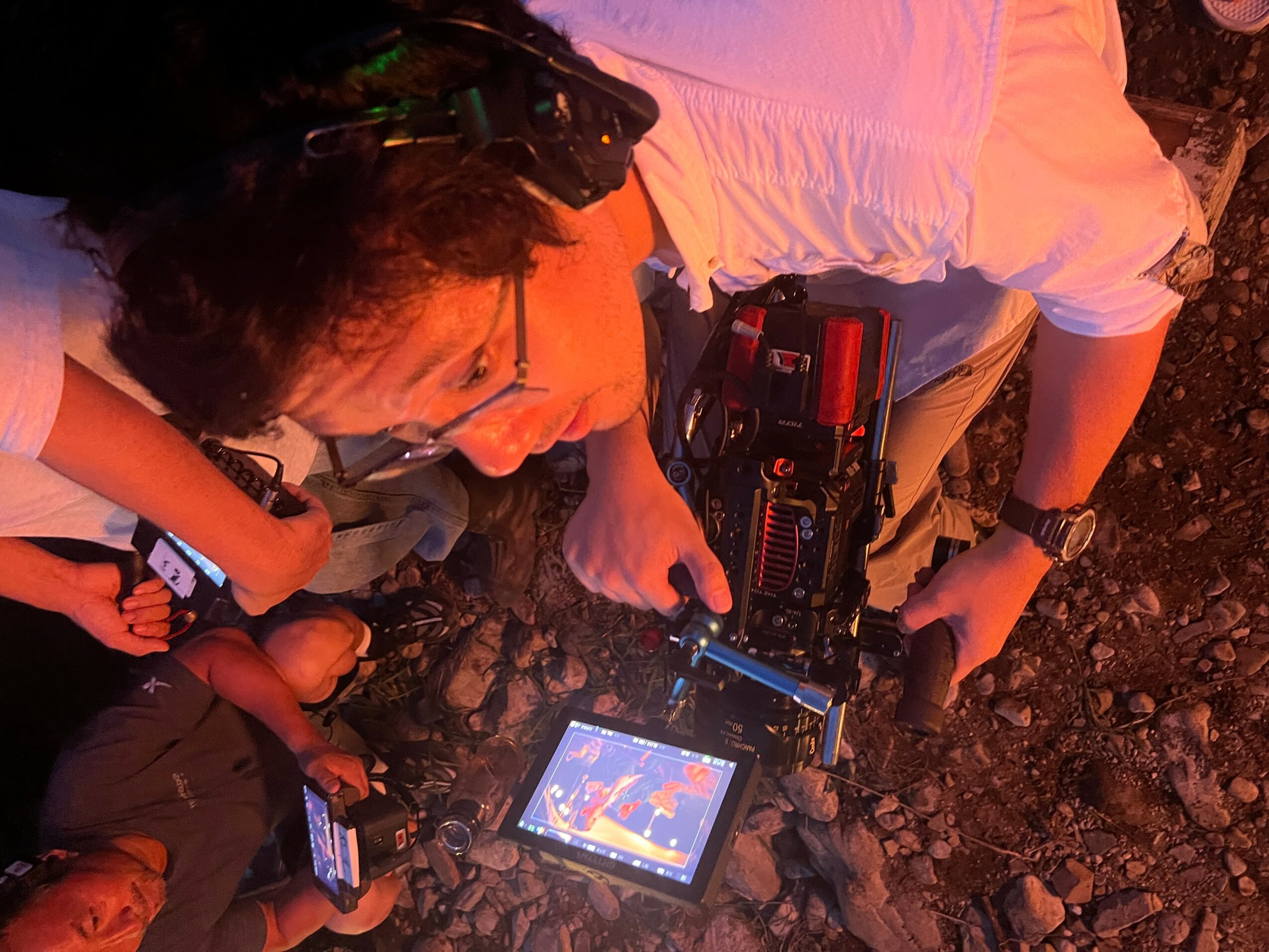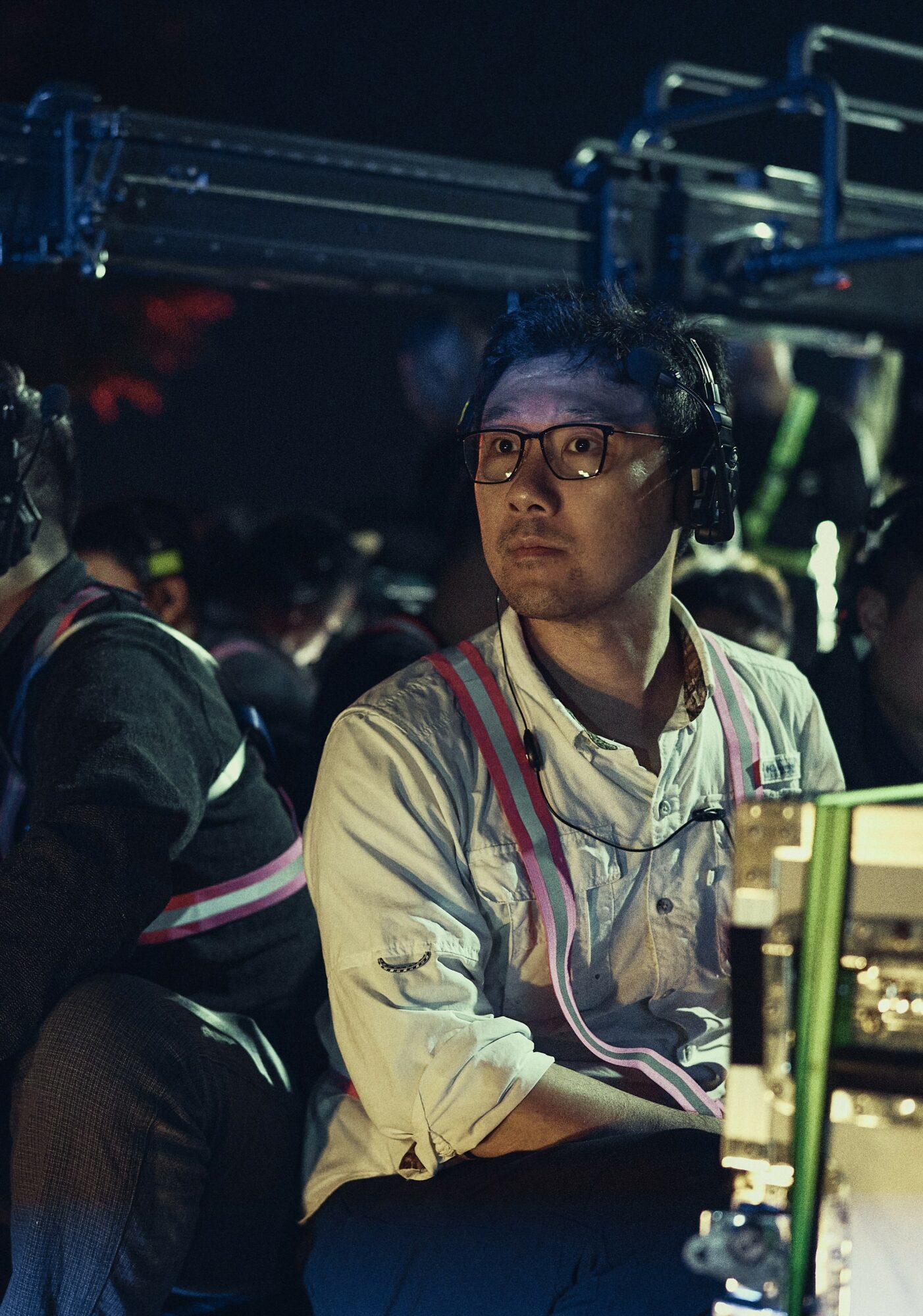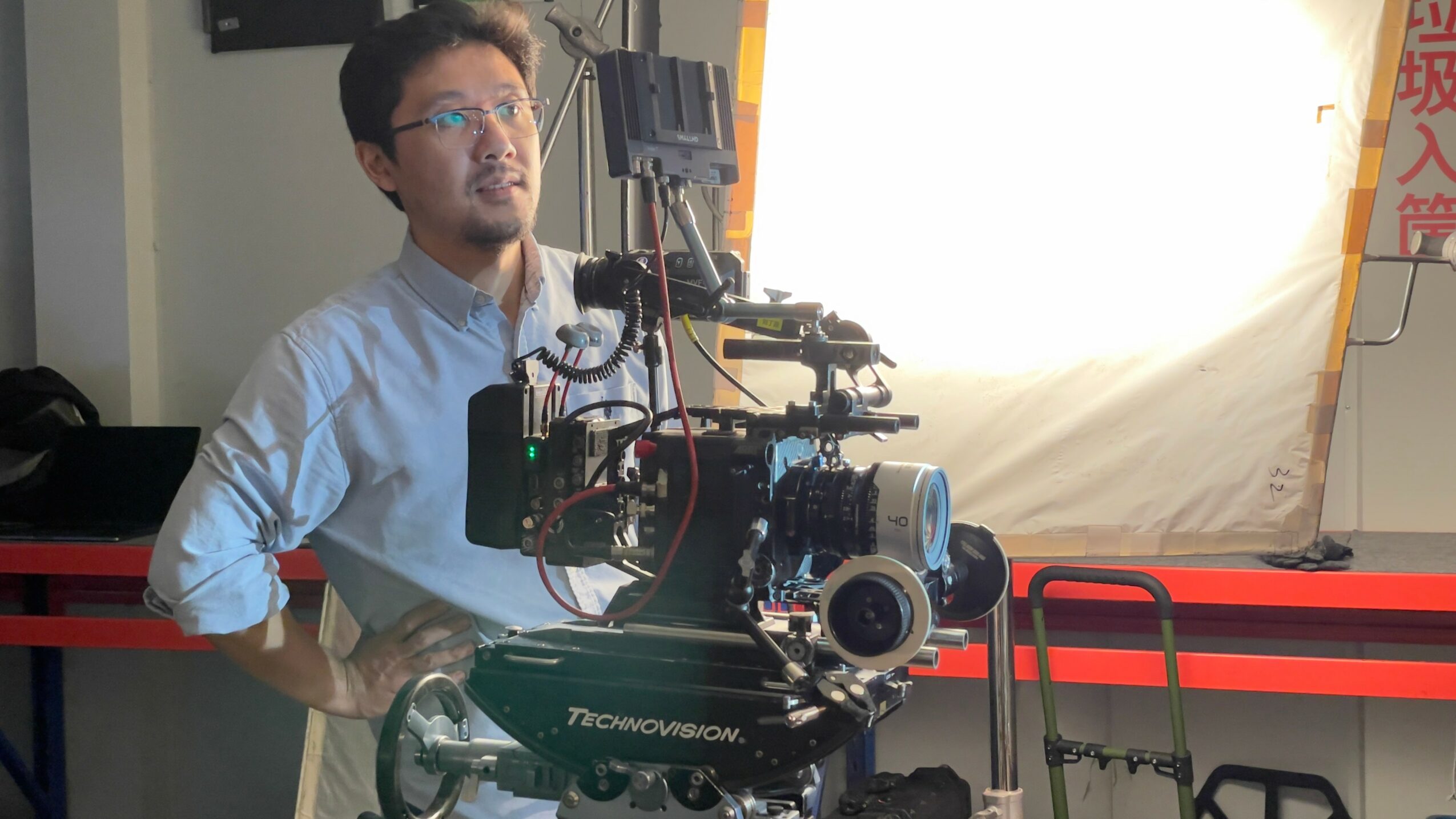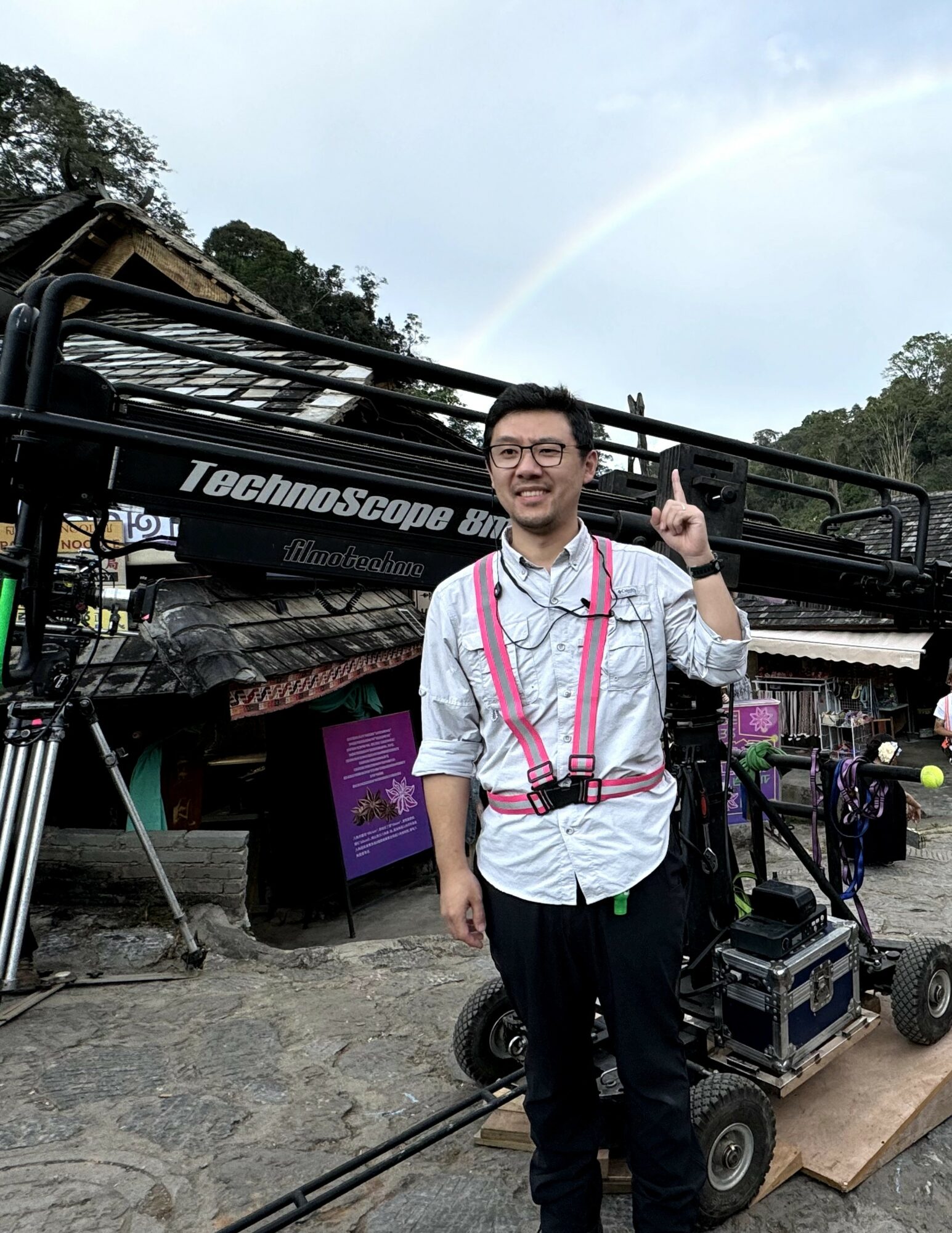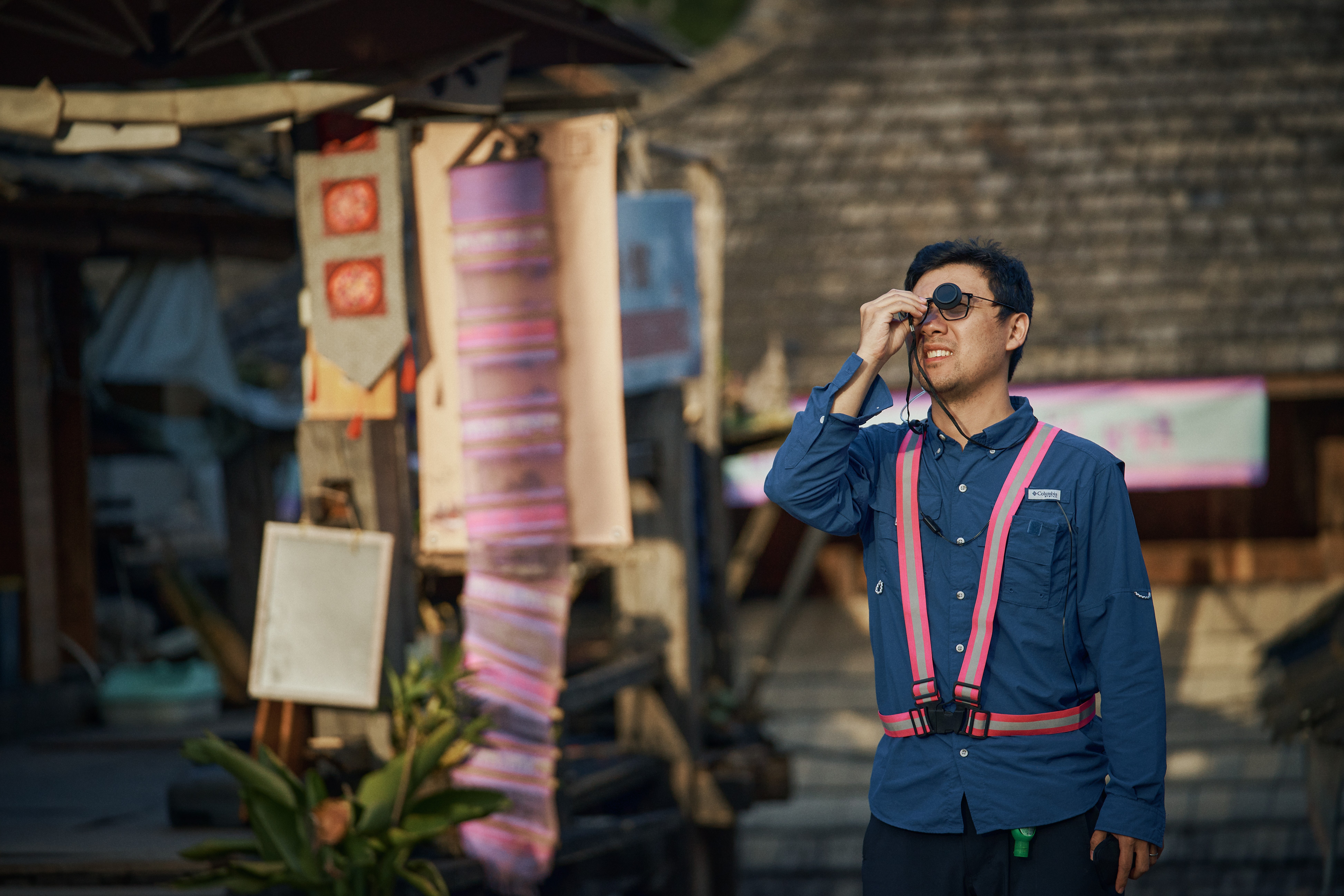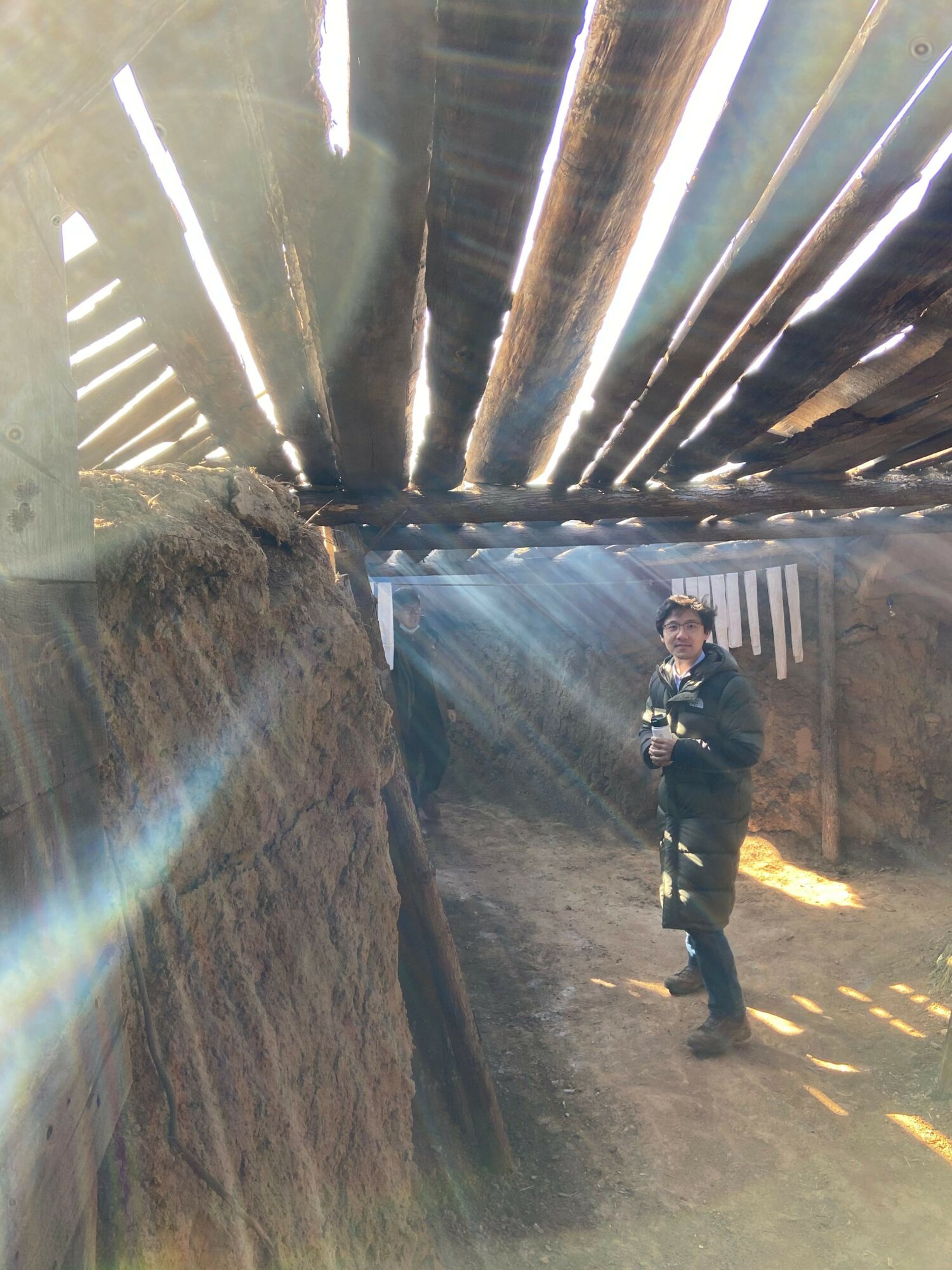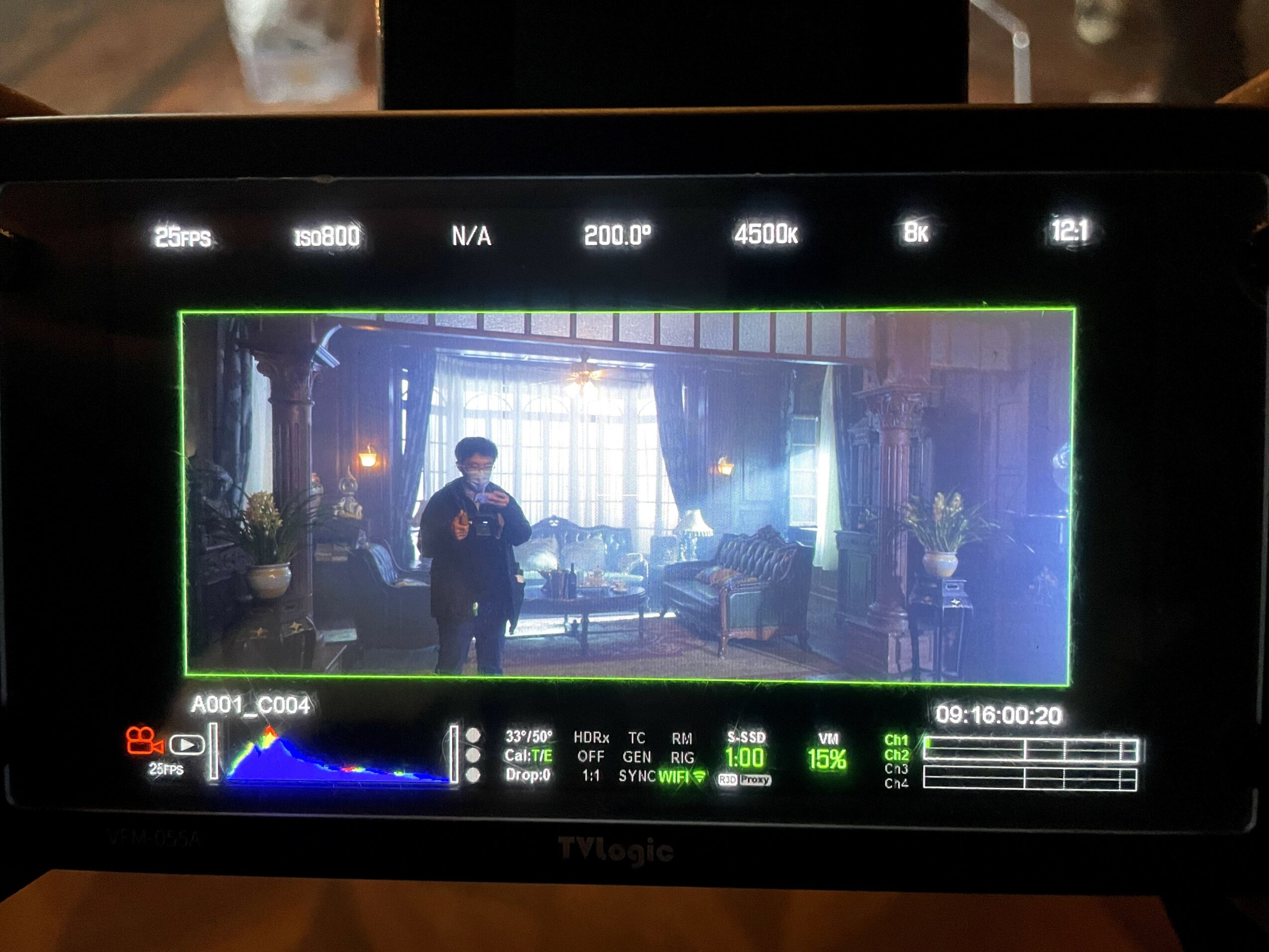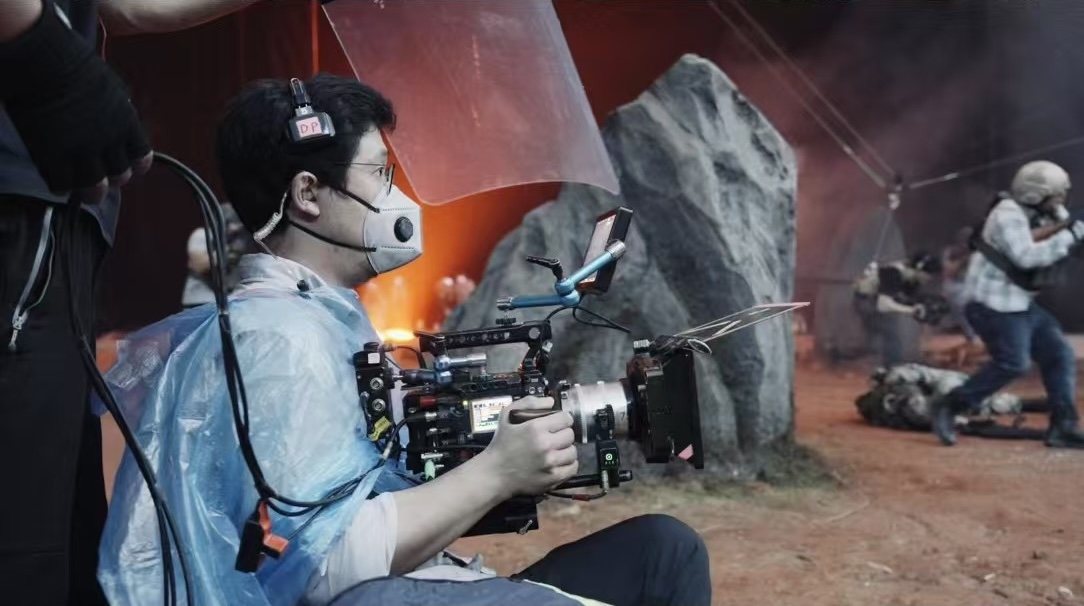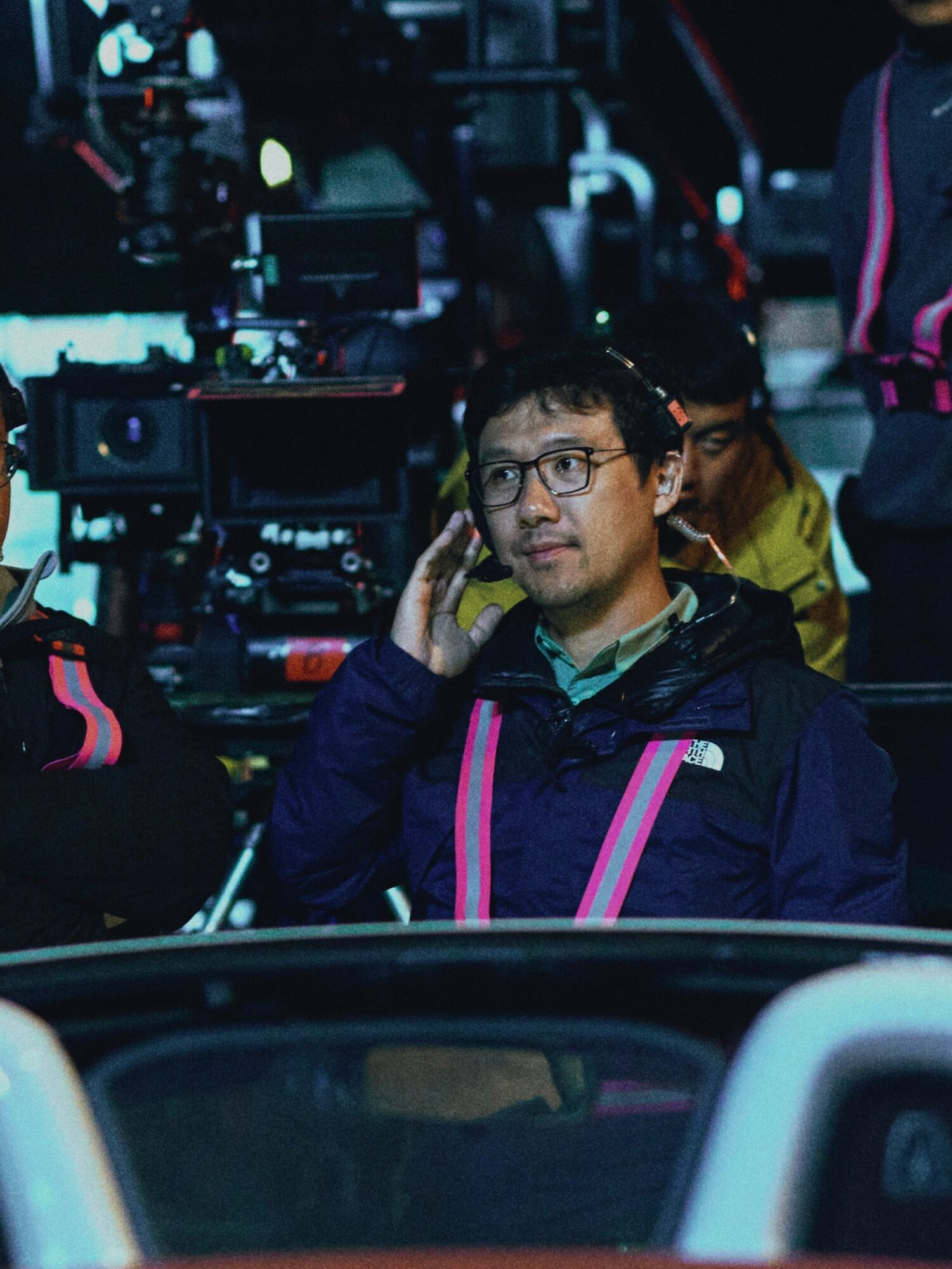

We’re looking forward to introducing you to Xing-Mai Deng. Check out our conversation below.
Hi Xing-Mai, thank you so much for joining us today. We’re thrilled to learn more about your journey, values and what you are currently working on. Let’s start with an ice breaker: What are you chasing, and what would happen if you stopped?
What I’m chasing, at its core, is the chance to tell good stories—or at the very least, to contribute to telling them well. That’s always been the magnetic pull of cinema for me.
Of course, being a filmmaker today is not exactly a smooth pursuit. Globally, cinema has been in a slow decline, and I don’t see it finding a stable equilibrium anytime soon. Before the pandemic, I was constantly in motion—traveling internationally, working across continents. That world feels distant now. The ground beneath us keeps shifting, and the sheer pace of uncertainty can be dizzying.
As for what would happen if I stopped—I honestly don’t know. Storytelling is one of humanity’s oldest reflexes. Long before screens, we told stories by firelight, painted them on cave walls, passed them along generation after generation. That impulse is so deeply human that I doubt it can ever really stop. Even if I stepped aside, the stories would keep moving forward, as they always have, long before us, and long after.
Can you briefly introduce yourself and share what makes you or your brand unique?
I’m a cinematographer—or, if you want the more elegant title, a director of photography. I shoot feature films and commercials, which means I spend my days thinking far too much about light, lenses, and how to make stories look the way they feel. And I try to avoid fixing things in post.
I’m proficient in English and Mandarin Chinese, and reasonably fluent in American sarcasm. That last one isn’t exactly a professional qualification, but it seems to follow me onto every set. Interestingly, three out of the five features I’ve shot happen to be comedies. I don’t necessarily see myself as a comedy specialist, though—I’ve also worked in drama, VFX-heavy sci-fi, and action. In fact, most of my films tend to mix these genres, which keeps things unpredictable and fun.
What makes my path a little unusual is that I work across continents. I’ve been part of productions in both Hollywood and Asia, and navigating those two very different filmmaking cultures has shaped the way I see storytelling. At the end of the day, whether it’s a small intimate scene or a big visual spectacle, I’m always chasing that spark that makes a story worth remembering.
Thanks for sharing that. Would love to go back in time and hear about how your past might have impacted who you are today. Who taught you the most about work?
It would be impossible to single out just one person, because every director I’ve worked with has taught me something invaluable. Each has their own strengths, their own way of seeing the world, and it’s through those collaborations that I’ve grown as a cinematographer.
No one is born a perfect filmmaker. You learn from your own mistakes, of course, but you also learn from other people’s successes—their instincts, their choices, the ways they push you to see differently. Every project leaves behind a trace of that exchange, and little by little, those lessons accumulate into who you are behind the camera.
So in that sense, I’d say all the directors I’ve worked with have been my teachers. Some probably without even realizing it, and a few, I suspect, would be surprised at what exactly I learned from them.
Was there ever a time you almost gave up?
Yes, I’ve definitely thought about walking away—more than once. Filmmaking isn’t an easy path, and there are long stretches of downtime that test your patience and resolve. In this field, so much depends on luck—being in the right place, at the right time, with the right people. When I was younger, that reality could be crushing. Every setback felt monumental, and I’d find myself questioning whether I’d chosen the wrong path altogether.
But over time, I’ve learned how to take those hits, pick myself up, and keep moving. You walk it off, you regroup, and eventually you realize that persistence itself becomes part of the craft. In the end, the moments when I almost gave up are the same moments that taught me why I shouldn’t.
Of course, a little stubbornness doesn’t hurt either.
Alright, so if you are open to it, let’s explore some philosophical questions that touch on your values and worldview. What’s a belief you used to hold tightly but now think was naive or wrong?
I used to believe that filmmaking was the most important thing in life, something worth sacrificing everything else for. I held onto that belief with almost religious conviction—and I was wrong.
What I’ve learned, sometimes the hard way, is that nothing matters more than spending time with the people you love and who love you back. That takes effort and intention, and it’s worth infinitely more than any credit on a screen. A profession, no matter how passionate you are about it, will never love you back, simply because it can’t. At best, it gives you moments of satisfaction; at worst, it demands sacrifices that in hindsight feel like vanity. I’ve given up time with family for projects that ultimately led to nowhere, and that kind of trade is never worth it.
This industry thrives on competition, but life is not meant to be scored like a box office return. Living fully—being present with the people who matter—is the only way to feel whole.
Okay, so let’s keep going with one more question that means a lot to us: What pain do you resist facing directly?
The pain I resist facing directly is the realization of mortality itself—that in a universe so vast and infinite, our time within it is extremely finite. It’s an idea that’s both humbling and unsettling.
This became especially real to me when I lost my grandparents. They were anchors in my life, and their passing left me not only with grief but also with a sharper awareness of time—how fragile and fleeting it is, and how little control we have over its pace.
It’s not an easy truth to sit with, so most of the time I push it aside and keep moving. But it lingers. And in some ways, I think that awareness quietly shapes the way I approach my work and my life—reminding me that the stories we tell, and the moments we share with the people we love, are the closest things we have to permanence. And maybe that’s already enough.
Contact Info:
- Website: https://cine-mai.com/
- Instagram: https://instagram.com/cine.mai
